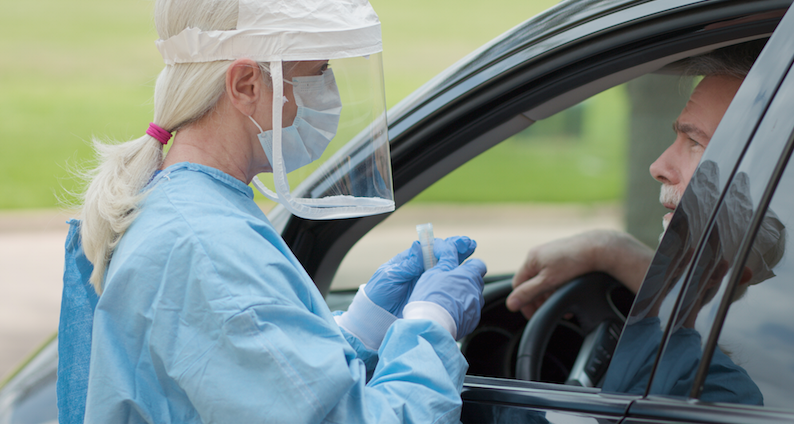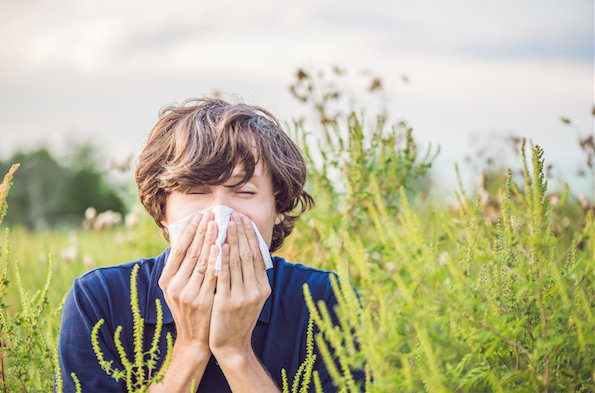
The coronavirus (COVID-19) pandemic is still going on, despite businesses reopening. Moreover, public health officials and experts are warning of a potential second wave of COVID-19 cases.
Of course, no one knows if or when a second wave of infection will strike—or whether it will be as bad as or worse than the first wave. As such, businesses across the country should start planning today to properly prepare for a second wave of COVID-19 cases.
Here are three ways organizations can prepare:
1. Review Federal, State and Local Guidance
Businesses in one region may be able to remain open, while businesses in other regions may need to close or adjust for a second time. As such, it’s critical to understand and continually review all relevant state and local orders to determine if your business needs to take action in the face of a second wave of COVID-19 cases.
2. Review Your Organizational Risks
Even if there aren’t federal, state or local recommendations to close your business, that doesn’t mean your organization is safe from the coronavirus. Similar to conducting a risk assessment for planning to reopen following the first wave of COVID-19 cases, your organization should conduct a risk assessment in preparation for a reemergence of COVID-19 cases.
3. Maintain Workplace Safety and Communicate With Employees
There is a variety of guidance from official sources, like OSHA, to help employers maintain health and safety, and keep employees informed.
Speak with Deutsch & Associates, LLC for more workplace guidance.
Determining Whether a COVID-19 Case Is Work-related
Even as businesses reopen and employees return to their new normal, the risk of becoming exposed to and ill with COVID-19 is still present. When an employee reports they have COVID-19, employers are faced with the difficult task of determining whether the employee’s illness is work-related.
As is the case with all inherently legal issues, employers are strongly recommended to seek the guidance of legal counsel when faced with these sorts of situations.
OSHA Guidance on Work-relatedness
An injury or illness is work-related if an event or exposure in the work environment either caused or contributed to the resulting condition or significantly aggravated a preexisting injury or illness. Work- relatedness is presumed for events or exposures in the work environment.
Unfortunately, because the coronavirus is so widespread, determining whether an employee’s illness is work-related can be difficult and should be evaluated on a case-by-case basis.
Employers should ask probing questions to reveal the potential exposure of COVID-19 in their workplaces. Employers should consult with legal counsel if they are concerned about what kinds of questions they may ask.
After conducting a review, employers will need to record the incident and report it to OSHA.
Speak with us for more information related to this process. Read More















